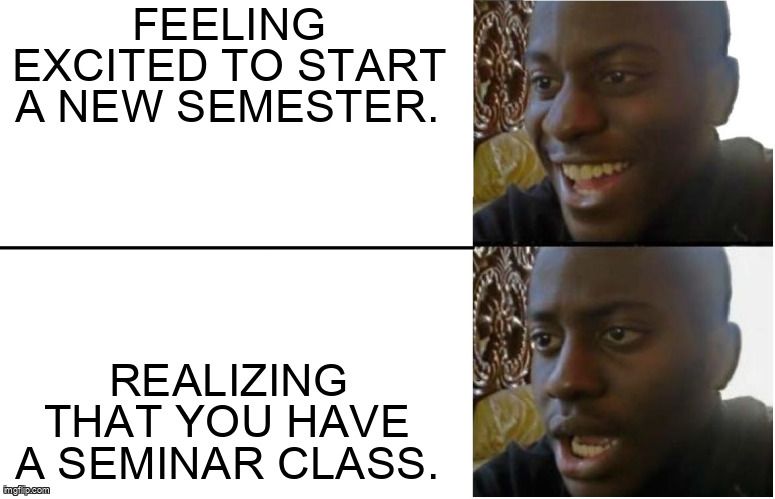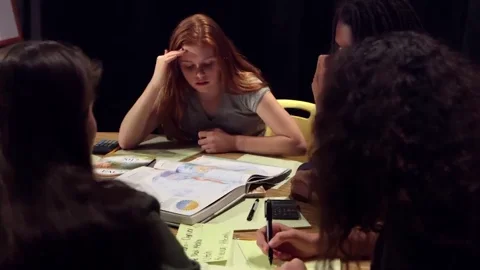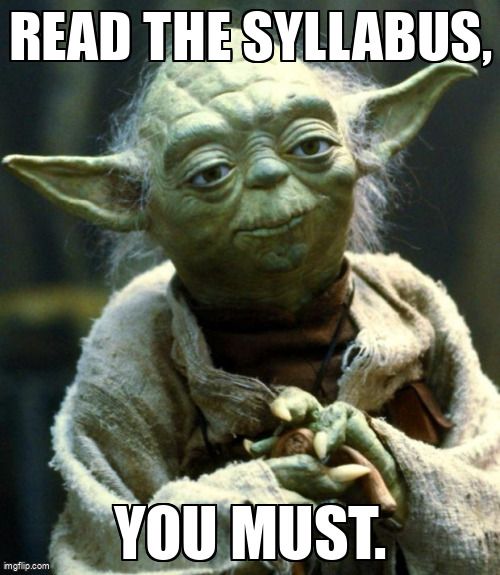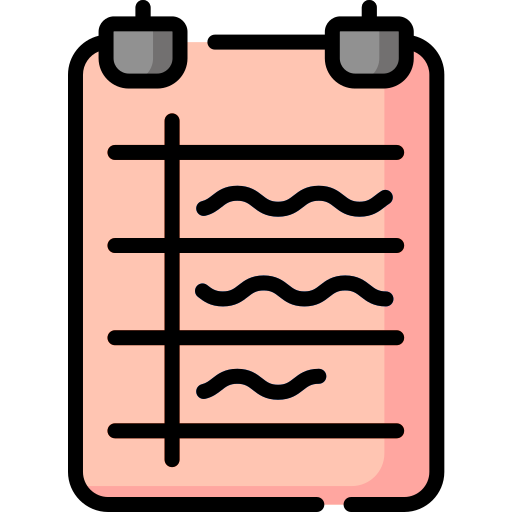
This logo isn't an ad or affiliate link. It's an organization that shares in our mission, and empowered the authors to share their insights in Byte form.
Rumie vets Bytes for compliance with our
Standards.
The organization is responsible for the completeness and reliability of the content.
Learn more
about how Rumie works with partners.

Do you feel a little nervous about taking a seminar class?
Are you unsure about what to expect, or worried about making a mistake in your seminar course?

Don't worry! With a few simple tips and strategies, you can walk into your seminar class feeling prepared, confident, and ready to crush it!

Did you know?
The word seminar comes from the Latin word seminarium, which means “seedbed”.
Just like seedlings nurtured in a greenhouse, seminars provide a space for you to grow your communication skills, critical thinking skills, and subject knowledge. Also, seminars can help you improve your professional skills, or help set you up for further education.
What is a seminar course?

A seminaris a "form of academic instruction" that is typically used in post-secondary institutions (colleges and universities), or professional organizations (at conferences or professional development sessions).
They're designed to exchange information about a specific topic, and to create a space for learners to gain a deeper understanding through discussions.

Characteristics of a seminar:
Usually limited to small classes of about 12-15 students.

Typically offered to upper-year undergraduate students (3rd or 4th-year students) and graduate students. In some post-secondary institutions in the United Kingdom, Australia and Canada, seminars are offered to all students.

What can I expect in my seminar course?
 Photo by Product School on Unsplash
Photo by Product School on Unsplash1. Deep engagement:
You'll get the opportunity to engage deeply with the specific course content, and the opportunity to ask your experienced instructors or professors questions about the content.

For example, students in an art history program might take a seminar focused solely on the work of the famous artist, Rembrandt. Or perhaps they might take a seminar on how medieval and Renaissance art influenced Walt Disney.
2. Small-group learning:
Seminars typically have an informal and more intimate learning environment, so that you can participate in small group activities and discussions.

In a seminar focussed on the artworks by Rembrandt, for example, art history students might discuss how Rembrandt influenced, or inspired, other famous artists, such as Vincent Van Gogh or Johannes Vermeer.
3. Meaningful connections:
You'll get the chance to explore ideas, share information with others, and make meaningful connections about topics through interactions with your peers and instructors.

For example, art history students might have small group debates about which Walt Disney movie was the "most medieval" based on their collective evidence.
Did you know?
Most colleges and universities have a Student Success Center or an Academic Learning Resource Center. Here, students can get extra help with things like writing, research, learning strategies, tutoring, academic workshops, and more.
How do I set myself up for seminar success?
Before or during the first week of classes, take the time to review the course syllabus (or course outline).

What will I learn in the seminar course?
2. What are the course expectations that I need to know about (i.e., participation, attendance, required readings)?
3. Are there any rules of conduct or respectful behaviour that I need to follow?
4. What will my assignments and assessments look like?
Will I be completing assignments independently, or in groups?
Do I have to complete a presentation, or lead a seminar topic?
5. Are there any technological requirements for the seminar, such as accessing a learning management system, applications, or other online tools?
Are there additional course materials or activities that I'm expected to access (i.e., online course materials or discussion boards)?

Asking yourself these questions early on will help you prepare, in case you need to proactively reach out to the faculty or course assistant about any questions or clarifications.
Did you know?
If you have a temporary or permanent disability, you can get support through the Student Accessibility Services Office at your college or university. An advisor or counsellor will help arrange accommodations to support your success.
What learning strategies can I use in my seminar class?
Before each seminar class, take the time to review, prepare, and practice the content, so that you can make the most of your learning experience.


Review:
your course syllabus (or course outline) to find out the seminar topic(s) and focus questions for the next session.
your course notes or any materials posted online (i.e., email announcements, class discussion boards, or the course LMS platform).
the assessment guidelines and tools (i.e., rubrics, rating scales, etc.) regularly to ensure that you are meeting the requirements for assignments, presentations and discussions.

Prepare:
written notes of your reflections, ideas, and questions to bring to your next seminar session.
summarized notes of readings that are recommended in the course syllabus, or from independent research at the library. Consider using the Cornell notetaking strategy, or the SQ3R strategy for taking focussed notes that you can easily add to (during your seminar).
Practice:

presenting questions that you'll share, or creating quality responses to questions that you anticipate may be asked, during the seminar.
reviewing the course content and questions with a peer-partner from the class before attending the seminar, to test understanding.
preparing speaking points before a scheduled presentation day. If you are shy or anxious about presenting, practice with a trusted peer-partner and receive feedback.
Remember: the more you practice in private, the easier it will be when you are in class.
Scenario: Jonathan's Seminar Presentation
 Photo by Wes Hicks on Unsplash
Photo by Wes Hicks on UnsplashMeet Jonathan. In three weeks, he has to give an oral presentation to his art history seminar class about Leonardo Da Vinci’s most impactful artworks, and why they are still relevant today.
Jonathan is a shy person by nature, and he struggles to compose his thoughts into a presentation format. He is very worried about failing this part of his seminar course.
What can he do to successfully prepare his presentation? Select all answers that apply:
A. Actively participate in class discussions to make connections between his topic and the course content.
B. Use the SQ3R reading strategy, or the Cornell notetaking strategy to gather information from books, journals, internet research, coursework, and class discussions.
C. Review the assessment rubric once, just before he starts preparing his presentation.
D. Practice his presentation with a trusted partner to get feedback for improvement before his presentation date.
Quiz
Select all the steps Jonathan can take:
Jonathan can take advantage of all of the strategies presented in Options A, B, and D because these learning activities will support his deeper understanding of specific topics, enhance his communication skills, develop his critical thinking skills, and build his confidence. For Option C, Jonathan should review assessment rubrics at the beginning of, and throughout, the presentation development process. This will help ensure that he stays on track, and includes all the required presentation components.
Take Action
You can be successful and learn effectively in your post-secondary seminar by being prepared, seeking supports, and approaching new situations with a positive attitude.

This Byte has been authored by
Annabelle Grundy
Educator; LX Designer/eLearning Developer Student
B.A. (Hons.); B.Ed; M.Ed